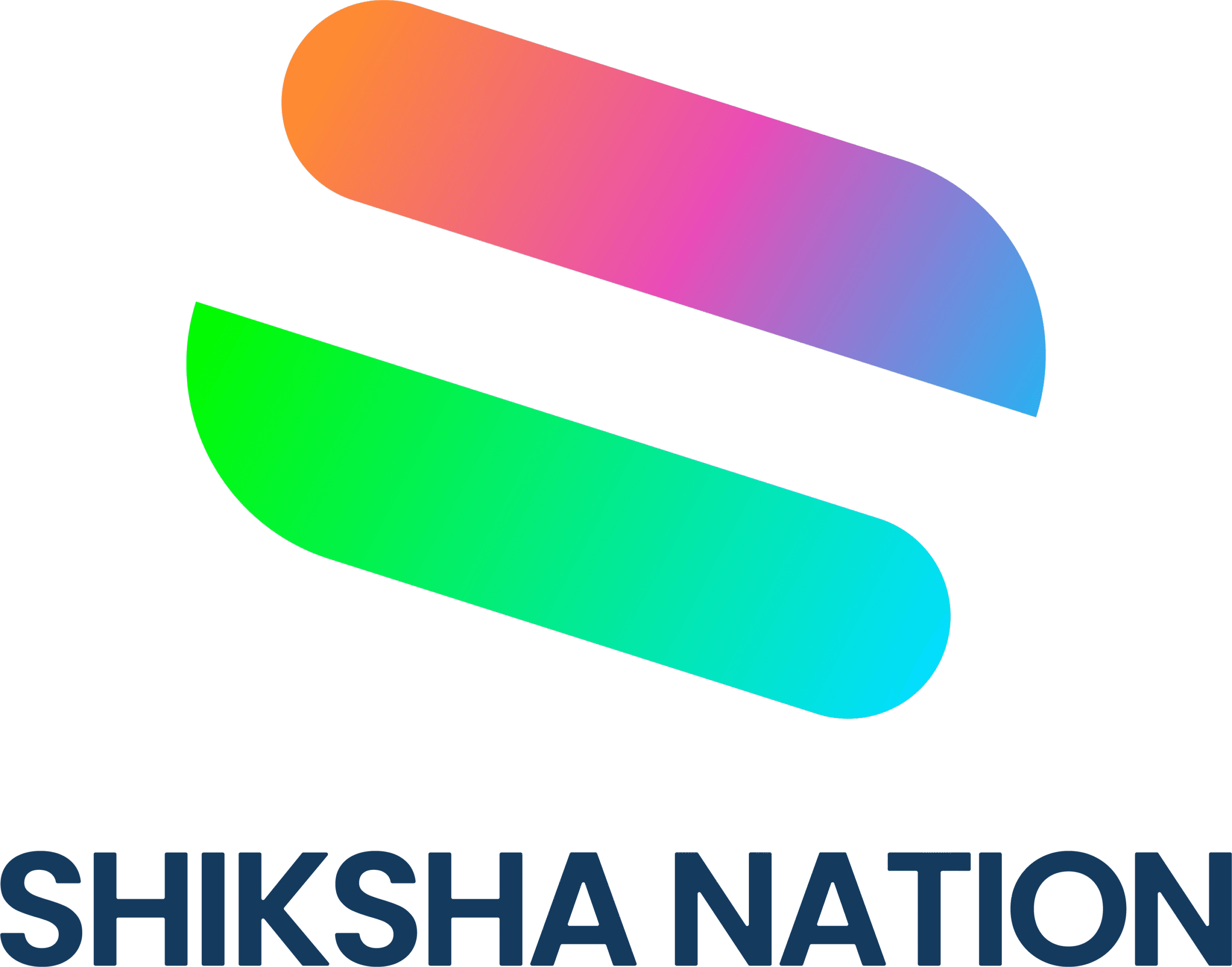Introduction: Why AI Career Skills Matter in 2025
Artificial Intelligence (AI) is no longer the future—it’s the present. From healthcare and education to finance and marketing, AI has become a crucial part of every industry. As automation, data analytics, and machine learning continue to evolve, the demand for professionals skilled in AI is skyrocketing.
Students who start learning AI career skills today can future-proof their careers, open global opportunities, and stay ahead in a world driven by innovation. Whether you aim to become a data scientist, AI engineer, or business analyst, mastering these skills will be your biggest advantage.
1. Machine Learning (ML)
Machine learning forms the backbone of AI. It enables systems to learn and improve automatically without explicit programming. Understanding ML helps students analyse data, recognise patterns, and make predictions.
Key Topics to Learn:
-
Supervised and unsupervised learning
-
Neural networks and deep learning
-
Regression and classification models
-
Python libraries like Scikit-learn and TensorFlow
Why It Matters:
Every modern AI application—from recommendation systems to fraud detection—relies on ML. Mastering it is essential for any AI-focused career.
2. Data Analysis and Visualization
Data is the fuel for AI. Learning how to clean, analyse, and visualise data allows students to make sense of complex information. This skill helps in making informed decisions and building accurate AI models.
Tools to Learn:
-
Python (Pandas, NumPy)
-
Tableau
-
Power BI
-
Excel (Advanced Analytics)
Real-World Use:
Companies use data visualisation to turn numbers into insights. For instance, Netflix uses it to understand user behaviour and improve content recommendations.
3. Programming Skills
Every AI system starts with code. Strong programming knowledge helps students build models, write algorithms, and automate processes.
Recommended Languages:
-
Python – most popular for AI
-
R – great for data science and statistics
-
Java and C++ – useful for large-scale AI systems
Tip:
Focus on writing clean, efficient code. Use online platforms like LeetCode or HackerRank to practise.
4. Mathematics and Statistics
Behind every AI algorithm is a strong foundation in math. Concepts like linear algebra, probability, and calculus are essential to understanding how AI works.
Key Areas:
-
Probability and Statistics
-
Linear Algebra (vectors, matrices)
-
Calculus (optimization and gradients)
Why It’s Crucial:
Mathematics helps in tuning algorithms, improving accuracy, and interpreting AI models effectively.
5. Natural Language Processing (NLP)
NLP allows AI to understand human language—used in chatbots, translators, and voice assistants like Alexa or Siri.
Skills to Learn:
-
Text processing with Python (NLTK, SpaCy)
-
Sentiment analysis
-
Speech recognition
-
Language modeling
Career Benefit:
Companies need NLP experts to build conversational AI, content summarisers, and smart assistants.
6. Deep Learning
Deep learning uses neural networks to mimic human brain functions. It’s used in advanced technologies like image recognition, autonomous vehicles, and generative AI tools.
Core Concepts:
-
Convolutional Neural Networks (CNNs)
-
Recurrent Neural Networks (RNNs)
-
Transformers (used in ChatGPT-like models)
Tools to Learn:
-
TensorFlow
-
Keras
-
PyTorch
Why Learn It:
Deep learning professionals are among the highest-paid AI specialists in 2025.
7. Cloud Computing and AI Integration
Modern AI systems often run on cloud platforms for scalability and cost efficiency. Knowing how to deploy AI models on cloud services gives students a professional edge.
Popular Platforms:
-
AWS (Amazon Web Services)
-
Microsoft Azure
-
Google Cloud AI
Skill Advantage:
Students who understand cloud-AI integration can handle real-world data and large-scale applications efficiently.
8. Problem-Solving and Critical Thinking
AI is not just about coding—it’s about solving problems intelligently. Employers value candidates who can approach challenges logically and design AI solutions that work in real scenarios.
How to Build This Skill:
-
Participate in hackathons or Kaggle competitions
-
Work on real-world projects
-
Collaborate with peers on AI experiments
Critical thinking helps bridge the gap between theoretical knowledge and practical innovation.
9. Ethical AI and Data Privacy Awareness
With great power comes great responsibility. As AI grows, so do ethical challenges—bias in algorithms, privacy breaches, and misuse of data.
What to Learn:
-
AI ethics and bias elimination
-
Responsible AI development
-
Data protection laws (GDPR, India’s DPDP Act)
Why It’s Important:
Companies increasingly seek AI experts who can design fair, transparent, and accountable systems.
10. Communication and Collaboration Skills
AI professionals often work in teams—collaborating with engineers, data scientists, and business leaders. Communication is key to explaining technical concepts clearly.
Soft Skills to Develop:
-
Presenting AI results effectively
-
Writing technical reports
-
Working in diverse, interdisciplinary teams
Bonus:
Being able to simplify AI for non-technical audiences can make you an invaluable asset in any company.
11. Hands-On AI Project Experience
Practical application is the best teacher. Building real-world AI projects helps solidify concepts and enhances your portfolio.
Project Ideas:
-
Predictive model for exam results
-
AI chatbot for student support
-
Image recognition using CNNs
-
Resume shortlisting automation using NLP
Such projects not only demonstrate technical ability but also creativity and problem-solving prowess.
12. Continuous Learning and Certification
AI evolves rapidly. New frameworks and updates appear every few months. Continuous learning ensures you stay relevant.
Where to Learn:
-
Coursera, edX, and Shiksha Nation’s AI Generalist to Specialist Course
-
YouTube tutorials and GitHub repositories
-
AI workshops and webinars
Pro Tip:
Earn an AI certificate to validate your skills and increase your employability.
Conclusion: The Future Belongs to AI Learners
In 2025 and beyond, AI is more than just a buzzword—it’s a career revolution. Students who develop strong AI career skills now will not only find better opportunities but also shape the technologies of tomorrow.
At Shiksha Nation, we believe in empowering every student to learn, build, and grow through AI. The future isn’t waiting—start today, and be part of the AI-powered world!
Also Read: AI for Student Portfolios: Build Smarter, Showcase Better


